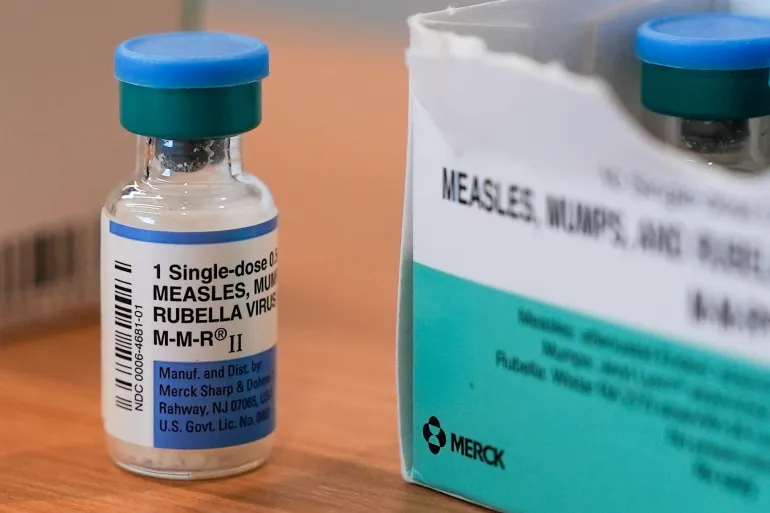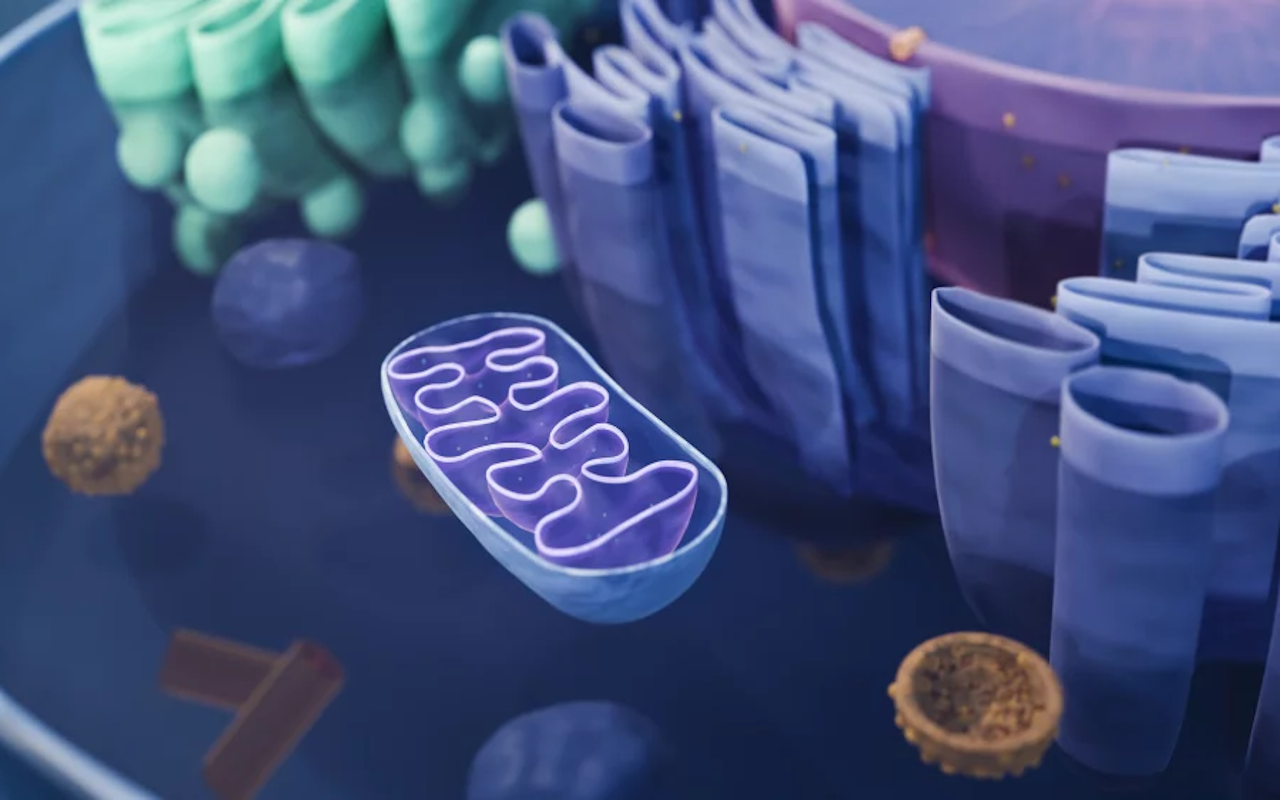5 Habits Putting Young Kidneys at Risk
Once primarily associated with the elderly, kidney failure is now a growing concern among younger individuals.
The Rising Tide: Kidney Failure in Younger Generations
This worrying trend highlights a shift in disease demographics, prompting medical professionals to emphasize preventative measures. According to Dr. Nguyen Quang Huy, an esteemed expert from the Department of General Internal Medicine at Tam Anh General Hospital in Hanoi, while established factors like diabetes, high blood pressure, and a family history of kidney disease remain critical risk contributors, a significant portion of the increasing diagnoses in youth can be traced back to everyday lifestyle choices.
These seemingly innocuous habits, when practiced consistently, can cumulatively exert immense strain on the kidneys, eventually leading to severe impairment. Understanding these daily risks is the first crucial step toward safeguarding long-term kidney health.
1. The Perils of Unhealthy Diets: Fueling Kidney Damage
Our dietary choices have a profound impact on every organ system, and the kidneys are no exception. Unfortunately, modern dietary patterns, especially prevalent among young people, often include habits that directly contribute to kidney strain and damage. Frequent consumption of fast food and highly processed meals stands out as a major culprit. These convenience foods are notoriously high in sodium, often exceeding recommended daily intake levels in a single serving.
The kidneys are responsible for filtering excess sodium from the blood. When constantly bombarded with high sodium loads, these vital organs are forced to work overtime, leading to increased pressure within their delicate filtering units (nephrons) and ultimately, structural damage over time. This sustained overwork can impair their ability to efficiently remove waste products, setting the stage for chronic kidney disease.
Beyond sodium, the widespread popularity of sugary beverages, such as soft drinks and bubble tea, presents another significant threat. These drinks are loaded with empty calories and high-fructose corn syrup, directly contributing to the alarming rise in obesity rates among young individuals. Obesity, in turn, is a primary driver of Type 2 diabetes, which stands as one of the leading global causes of chronic kidney failure.
High blood sugar levels, characteristic of diabetes, directly damage the small blood vessels in the kidneys, impairing their filtration capacity over time. Furthermore, alcohol consumption places additional, undue strain on the kidneys during metabolism. As the body processes alcohol, the kidneys must work harder to filter out its byproducts, increasing their workload. In severe or chronic cases, alcohol may even directly harm kidney cells, leading to acute or long-term damage.
Dr. Huy also highlights a more insidious dietary risk: foods containing unauthorized preservatives. These illicit additives may contain harmful contaminants, including heavy metals such as lead or cadmium. When ingested, these heavy metals are toxic to the kidneys and can accumulate over time, leading to a specific inflammatory condition known as tubulointerstitial nephritis.
This condition involves inflammation and damage to the tubules and interstitial tissue of the kidneys, critical components for reabsorbing necessary substances and filtering waste. If left unaddressed, tubulointerstitial nephritis can progress to kidney atrophy (shrinking) and eventual failure, underscoring the hidden dangers lurking in unregulated food products.
2. Dehydration and Delayed Urination: A Dual Threat
Two seemingly minor daily habits, when combined or consistently practiced, pose a significant and often underestimated threat to kidney health: inadequate hydration and habitually delaying urination.
Firstly, drinking too little water is a widespread issue, particularly among young people who might opt for sugary beverages instead of plain water. Chronic dehydration leads to highly concentrated urine. When urine is concentrated, it increases the likelihood of mineral salts crystallizing within the kidneys and urinary tract. This significantly raises the risk of kidney stone formation, which can cause excruciating pain, obstruct urine flow, and lead to recurrent infections, all of which can damage kidney tissue over time.
Moreover, insufficient water intake impairs the kidneys’ ability to efficiently flush out metabolic toxins and waste products, leading to a buildup of harmful substances in the body, placing additional stress on these overworked organs.
Secondly, the habit of holding in urine for extended periods can be equally detrimental. While occasional delays are usually harmless, making it a regular practice allows bacteria present in the urinary tract to multiply unchecked. This creates an ideal environment for the development of urinary tract infections (UTIs). If UTIs become frequent or are left untreated, the infection can ascend from the bladder to the kidneys, causing a condition known as pyelonephritis (kidney infection). Repeated kidney infections can lead to scarring and permanent impairment of kidney function over time, progressively eroding the organs’ ability to filter blood and produce urine effectively.
To counter these risks, Dr. Huy strongly recommends that adults consume 2 to 2.5 liters of water per day. This consistent hydration helps maintain dilute urine, facilitates toxin removal, and reduces the risk of stone formation and infection. Additionally, he advises limiting the intake of sugary drinks, alcohol, tobacco, and stimulants. Smoking, in particular, is singled out for its detrimental effects: the chemicals in tobacco smoke can constrict blood vessels throughout the body, including those supplying the kidneys.
This constriction reduces kidney blood flow, depriving the organs of vital oxygen and nutrients. Over time, this can lead to cellular damage and inflammation. Smoking also significantly raises the risk of high blood pressure, a primary cause of kidney disease, and can induce proteinuria (protein in the urine), an early indicator of kidney damage, further cementing its role as a major risk factor.
3. The Hidden Dangers of Medication Misuse
In an age of readily available over-the-counter remedies and quick fixes, the misuse of medications poses a silent yet potent threat to kidney health, especially among young people. Common painkillers, such as non-steroidal anti-inflammatory drugs (NSAIDs) like ibuprofen or naproxen, and even certain antibiotics, are frequently used without proper medical guidance for minor ailments like headaches, muscle aches, or common colds.
While safe when used as directed and for short durations, these drugs, when taken in excessive doses or over extended periods, can become toxic to the kidneys. NSAIDs, for instance, can reduce blood flow to the kidneys, leading to acute kidney injury, especially in individuals who are dehydrated or have underlying kidney issues. Certain antibiotics, if not carefully dosed or monitored, can also be directly nephrotoxic (damaging to kidney cells).
Beyond conventional pharmaceuticals, the practice of self-medicating with supplements or traditional remedies of unclear origin presents another considerable hazard. The market for dietary supplements is often poorly regulated, meaning that products may contain undisclosed ingredients, contaminants, or dosages far exceeding safe levels. These unregulated substances can be directly harmful to the kidneys, leading to inflammation, damage, or even acute kidney failure.
Furthermore, some traditional remedies, while appearing natural, may contain heavy metals, plant toxins, or unlisted pharmaceutical ingredients that are highly toxic to the renal system. Without proper medical guidance and verified product quality, individuals inadvertently expose their bodies to dangerous or unregulated substances that can inflict irreversible kidney damage, turning an attempt at self-care into a significant health risk.
4. The Sedentary Lifestyle: A Modern Kidney Threat
In today’s increasingly digital and convenience-driven world, a sedentary lifestyle has become the norm for many young people. Extended periods of sitting, coupled with a lack of regular physical activity, contribute to a cascade of health issues that indirectly but powerfully impact kidney function. A desk-bound existence significantly increases the risk of developing obesity. Excess body weight places metabolic strain on the body, making it more susceptible to chronic diseases.
Obesity is a direct precursor to Type 2 diabetes, a condition characterized by high blood sugar that, as previously mentioned, is a leading cause of kidney disease globally. Furthermore, a lack of physical activity often correlates with the development of hypertension (high blood pressure). Sustained high blood pressure damages the tiny blood vessels within the kidneys, impairing their ability to filter waste and ultimately leading to kidney failure. These three conditions—obesity, Type 2 diabetes, and hypertension—form a dangerous triad that significantly accelerates the progression of kidney disease.
To counteract these risks and promote overall health, Dr. Huy strongly advocates for regular physical activity. He advises engaging in at least 30 minutes of moderate-intensity exercise five days a week. This consistent physical exertion can help maintain a healthy weight, improve insulin sensitivity (reducing diabetes risk), and lower blood pressure, all of which are crucial for protecting kidney health. Simple activities like brisk walking, cycling, swimming, or team sports can make a profound difference, transforming a sedentary lifestyle into one that actively supports and preserves vital organ function.
5. Sleep Deprivation and Chronic Stress: Silent Kidney Killers
The pressures of modern life, academic demands, and constant digital connectivity have led to a pervasive problem among young people: sleep deprivation and chronic stress. These seemingly mental and emotional burdens have profound physiological consequences that can directly undermine kidney health.
Staying up late and chronic sleep deprivation disrupt the body’s natural biological rhythms, including the crucial circadian rhythm that governs many bodily functions. The kidneys, like other organs, follow these rhythms, undergoing natural repair and regeneration cycles, especially during periods of deep sleep. When sleep is consistently insufficient or poor quality, these vital repair processes are interfered with, leaving kidney cells vulnerable to damage and making them less efficient at their filtration tasks. This chronic disruption can impair the kidneys’ long-term function and resilience.
Moreover, prolonged stress triggers the body’s “fight or flight” response, leading to a sustained release of stress hormones like cortisol and adrenaline. While useful in short bursts, chronic elevation of these hormones can have several detrimental effects on the kidneys. They can elevate blood pressure, placing continuous strain on the renal blood vessels. High cortisol levels can also contribute to insulin resistance and inflammation, both of which are risk factors for diabetes and kidney disease.
The combination of disrupted repair cycles due to lack of sleep and the physiological burden of chronic stress can significantly increase levels of harmful hormones that further damage the delicate structures within the kidneys, accelerating the progression toward kidney impairment.
Recognizing the Warning Signs: Early Symptoms of Kidney Damage
One of the most insidious aspects of early kidney damage is its subtlety. The initial symptoms are often mild or easily mistaken for common signs of fatigue from work or school, making early detection challenging. However, vigilance regarding these subtle changes is paramount. Ignoring them can lead to significant progression of the disease before it becomes overtly symptomatic. Key warning signs to watch for include:
- Changes in urination: This can manifest as foamy urine (indicating protein in the urine, or proteinuria), a noticeable decreased urine volume, or conversely, frequent nighttime urination (nocturia), which can signal that kidneys are losing their ability to concentrate urine effectively during sleep.
- Swelling (Edema): Accumulation of fluid can lead to swelling, particularly noticeable in the face, hands, or feet, often more prominent in the morning or evening. This occurs when kidneys are unable to effectively remove excess sodium and water from the body.
- Persistent fatigue or unusual sleepiness: Kidneys produce erythropoietin, a hormone that stimulates red blood cell production. Damaged kidneys produce less, leading to anemia, which causes persistent tiredness and weakness.
- Loss of appetite and nausea: As toxins build up in the blood due to impaired filtration, they can lead to gastrointestinal distress, causing a diminished desire to eat and feelings of nausea.
- Unexplained weight loss: Coupled with loss of appetite, the body’s inability to process nutrients effectively and the buildup of waste products can lead to unintentional weight loss.
- Itchy, dry, or darkened skin: A buildup of waste products and mineral imbalances can cause severe skin irritation, leading to persistent itching, dryness, and sometimes a grayish or darkened complexion.
- High blood pressure: Kidney disease can both cause and be caused by high blood pressure, creating a vicious cycle. Uncontrolled hypertension places immense strain on the kidneys’ delicate filtration units.
The Grave Consequences of Untreated Kidney Failure
If left unaddressed and untreated, chronic kidney failure progresses inexorably, leading to devastating health outcomes. At its advanced stages, it necessitates life-sustaining interventions such as dialysis or, in severe cases, a kidney transplant. Dialysis is an artificial process that removes waste products and excess fluid from the blood when the kidneys can no longer perform this vital function. It is a demanding and life-altering treatment. A kidney transplant, while offering a greater quality of life, involves complex surgery and lifelong immunosuppressant medication.
Beyond the kidneys themselves, chronic kidney failure can trigger severe complications in other vital organs and bodily systems. It significantly increases the risk of cardiovascular diseases, including heart attack and stroke, due to fluid overload, high blood pressure, and inflammation. Bone health is also severely impacted, leading to bone disease and increased fracture risk, as kidneys play a critical role in activating Vitamin D and regulating calcium and phosphorus. Furthermore, it almost invariably leads to chronic anemia, as the damaged kidneys fail to produce enough erythropoietin, the hormone essential for red blood cell production, resulting in persistent fatigue and weakness.
Given the subtle nature of early symptoms and the severe long-term consequences, Dr. Huy urges young people not to dismiss any of these warning signs. He strongly emphasizes the importance of undergoing annual health screenings, even if no overt warning signs are present. Regular check-ups, including blood tests (like serum creatinine and estimated glomerular filtration rate – eGFR) and urine tests (for proteinuria), can detect kidney problems in their earliest stages, when interventions can be most effective in slowing or halting disease progression. Prioritizing proactive health management is crucial for preserving kidney function and ensuring a healthy future.






